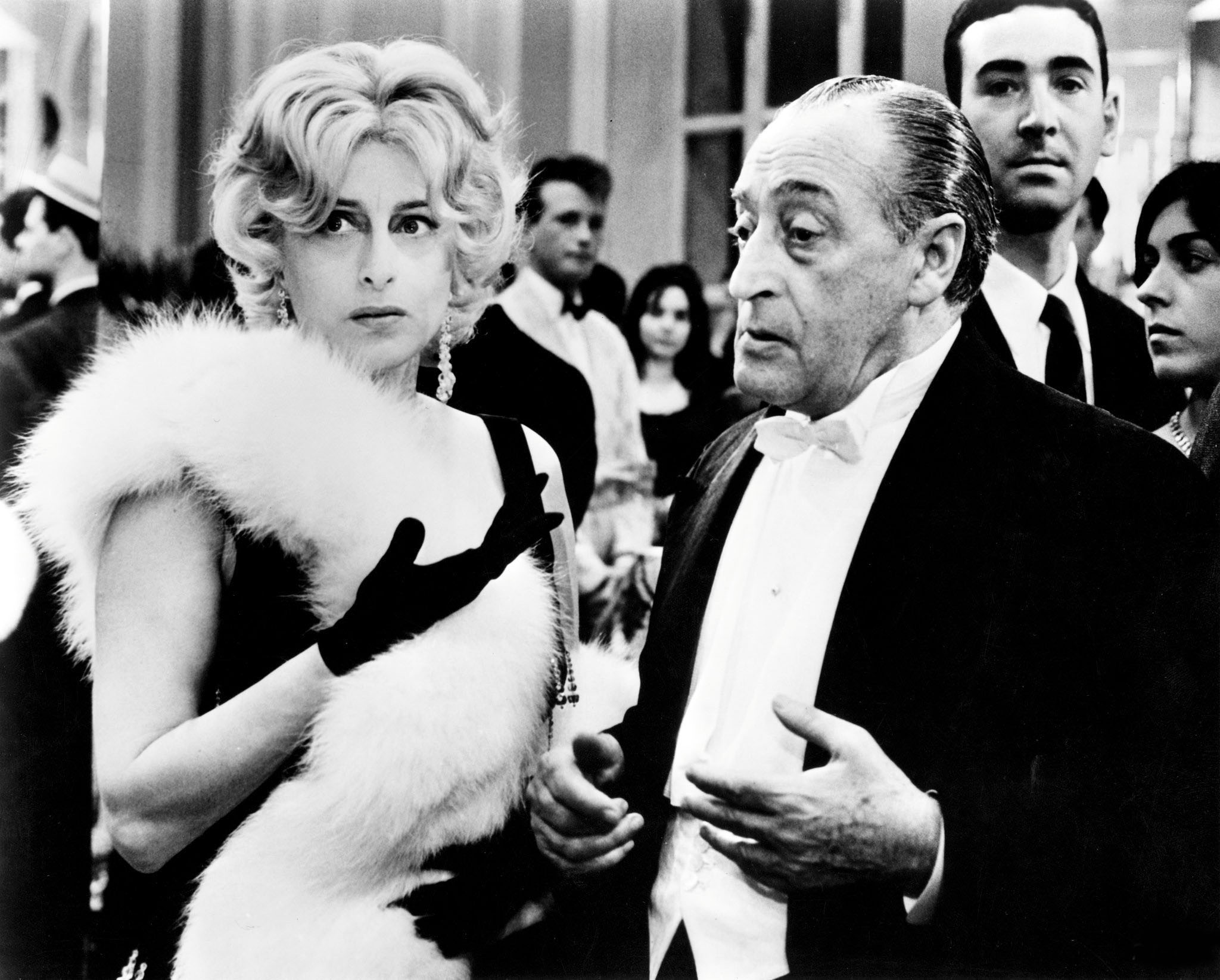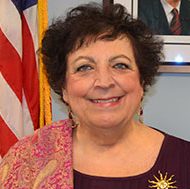Part 8 – The Films of Mario Monicelli
Mario Monicelli was a premier Italian film director and screenwriter and one of the masters of Italian comedy. He directed some of the finest Italian films ever made, won numerous international film festival awards for his work and was a six-time nominee for an Academy Award. Monicelli’s mastery of comedic form is evident throughout each of the films that he produced, which include some of the most successful Italian comedies, “Big Deal on Madonna Street,” “The Great War,” “Boccaccio ’70” and “My Friends.”
Monicelli was born May 15, 1915 in Viareggio, located in the northern part of Tuscany. He was the youngest son of journalist Tommaso Monicelli and had two older brothers, Giorgio and Franco. Mario entered the film world through his friendship with Giacomo Forzano, son of playwright Giovacchino Forzano. In his own words, Monicelli lived a carefree youth and many of his cinematic jokes in “Amici Miei” (My Friends) were taken from his life’s experiences.
He was just 19 years old when, in 1934, he collaborated with friend Alberto Mondadori to make his first short film. This was followed by the silent film “I ragazzi della Via Paal,” which was an adaptation of the novel “The Paul Street Boys.” The movie was entered into the 3rd Venice Film Festival, receiving honorable mention. His first feature length work was made in 1937, titled “Pioggia d’estate” (Summer Rain). Even in these early films, it was clear that Monicelli discovered his life’s passion – and quickly devoted himself to the film maker’s art. From 1939–1942 alone, Monicelli produced over 40 screenplays.
His career included some of the masterpieces of Italian cinema. In 1958, he released “I soliti ignoti” (Big Deal on Madonna Street), which ranks as one of his best and most popular works. Even 60 years following its release, the movie holds up beautifully and is rightfully considered to be one of the masterpieces of Italian cinema. It featured the ubiquitous comedian Totò, which had quickly become a repeat character in Monicelli’s films. This was the first film in which Monicelli discovered the talent of Vittorio Gassman and Marcello Mastroianni, who were used many times in his subsequent films. Together, the group produced what can confidently be called the first true Italian comedy. While it is most commonly known as “Big Deal on Madonna Street,” the actual translation from the Italian is “the usual unknown perpetrators.” The film was nominated for the Best Foreign Language Film at the 31st Academy Awards. “Big Deal on Madonna Street” revolves around a bungling group of amateurs, including an ex-jockey (Carlo Pisacane), a former boxer (Vittorio Gassman) and an out-of-work photographer (Marcello Mastroianni). The crew plans a seemingly simple heist with a retired burglar (Totó), who serves as a consultant. The comedy follows the crew through their many misfortunes and adventures. Claudia Cardinale also stars in the film as Carmelina.
One year later in 1959, Monicelli released “La Grande Guerra” (The Great War) and received an Academy Award nomination for Best Foreign Film and a Golden Lion at the Venice Film Festival. Vittorio Gassman is again featured in the film, which is set in 1916 in war-torn Italy. Gassman and Sordi play Oreste Jacovacci and Giovanni Busacca, Italian youths called to serve in the army. The two try to avoid the inevitable, but to no avail. They soon become friends and are assigned to a secondary and quiet front in the village of Tigliano. Here they spend some months in relative peace, which allots Giovanni time to fall in love with Costantina, played by Silvana Mangano. But the war was getting closer every day. During the most important battle between Italy and Austria-Hungary, Giovanni and Oreste are in charge of delivering a message to Italian headquarters. Unfortunately, they are captured by an Austrian officer who tries to get the vital information from them. Monicelli uses this opportunity to have fun with some common Italian stereotypes, showing his lighthearted wit and ability to find humor in the most tragic of events.
In 1962, Monicelli worked with some of the greatest directors of his time, including Fellini, Visconti and de Sica, to create “Boccaccio ’70.” The film is an anthology that deals with different aspects of morality and love. In “Renzo e Luciana,” Monicelli’s contribution to the collection, a young couple tries to hide their marriage and the wife’s supposed pregnancy from their employer, who has banned female employees from getting married and having children. The film stars actresses Sophia Loren, Marisa Solinas, Anita Ekberg and Romy Schneider.
“Amici miei” (My Friends) was released in 1975 and featured Ugo Tognazzi and Philippe Noiret. The film confirmed Monicelli’s skill in mixing humor, irony and bitter feelings. The main theme of the movie is friendship, seen from a rather bitter point of view. It tells the story of four middle-aged friends in Florence, who organize idle pranks called zingarate, “gypsy shenanigans,” in a continuous attempt to prolong their childhood.
Mario Monicelli dedicated his life to being a film director, but also wrote and produced films. He never stopped working, directing his final film at the age of 91 in 2006, entitled “The Roses of the Desert.” Monicelli died on November 29, 2010 at the age of 95, after taking his own life, embracing death, rather than living with the cancer that had become his unwelcome partner. He is credited with launching the careers of Monica Vitti, Anna Magnani, Giancarlo Giannini, Vittorio de Sica and Sophia Loren.





